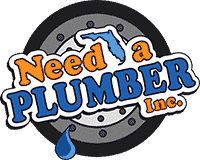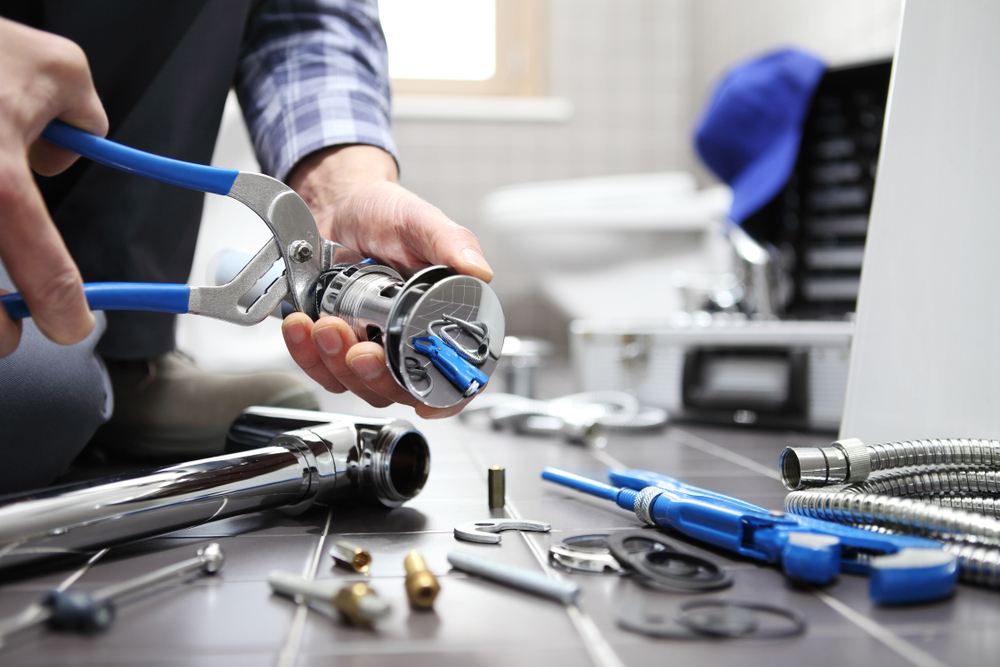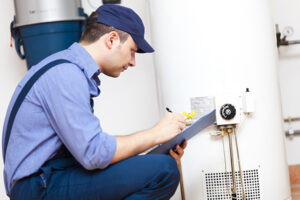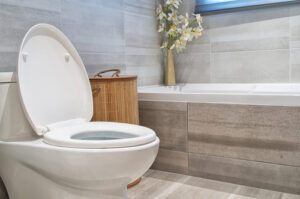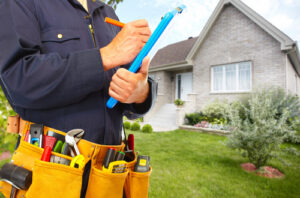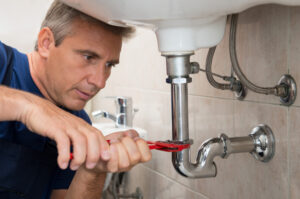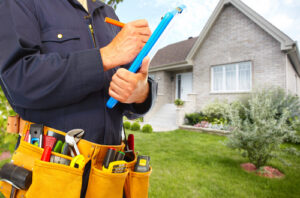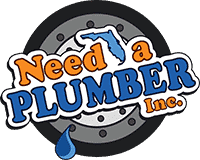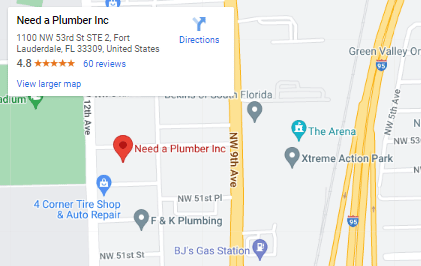Underground pipes are essential components of any plumbing system. These pipes transport water, sewage, and other liquids from one place to another. However, as with any other part of a plumbing system, underground pipes are not immune to problems. In South Florida, homeowners and business owners face a variety of common issues with underground pipes. In this article, we will discuss these issues in detail and provide insights on how to solve them.
Corrosion
Corrosion is one of the most common issues with underground pipes in South Florida. The high levels of humidity and salt in the air can cause pipes to corrode faster than in other regions. Corrosion can weaken pipes, cause leaks, and lead to other costly problems. If you notice a drop in water pressure or discolored water, it may be a sign of corroded pipes.
Tree Roots
Tree roots can wreak havoc on underground pipes. As roots grow, they can wrap around pipes, causing them to crack or break. This can result in leaks, backups, and other plumbing problems. If you notice slow drains, gurgling noises, or foul odors coming from your plumbing, it may be a sign of tree roots in your pipes.
Clogs
Clogs are another common issue with underground pipes in South Florida. They can be caused by a variety of factors, such as grease buildup, food scraps, and other debris. Over time, clogs can cause pipes to back up, leading to slow drains and other problems. If you notice water backing up in your sinks, toilets, or showers, it may be a sign of a clog in your pipes.
Cracks and Leaks
Cracks and leaks are common issues with underground pipes in South Florida. They can be caused by a variety of factors, such as shifting soil or heavy traffic above ground. Cracks and leaks can lead to water damage, mold growth, and other costly problems. If you notice wet spots on your lawn, low water pressure, or an increase in your water bill, it may be a sign of a cracked or leaking pipe.
Bellied Pipes
Bellied pipes occur when a section of the pipe sinks into the ground due to soil erosion or other factors. This can cause the pipe to slope downward, leading to standing water and backups. If you notice water pooling in your yard, slow drains, or foul odors coming from your plumbing, it may be a sign of a bellied pipe.
Joint Issues
Joint issues can occur when the connections between pipes begin to weaken or break. This can lead to leaks and other plumbing problems. Joint issues can be caused by a variety of factors, such as age, shifting soil, and poor installation. If you notice water damage, wet spots on your lawn, or low water pressure, it may be a sign of joint issues with your pipes.
How to Solve Common Issues With Underground Pipes
If you experience any of the above issues with your underground pipes, it is important to act quickly. Ignoring these problems can lead to more serious issues and costly repairs. Here are some solutions for common issues with underground pipes in South Florida:
Pipe Replacement
If your pipes are old, corroded, or damaged beyond repair, pipe replacement may be necessary. This involves excavating the old pipes and installing new ones. This can be a costly and time-consuming process, but it is often necessary to prevent further damage and ensure proper plumbing function.
Pipe Lining
Pipe lining involves inserting a flexible liner into the damaged pipe and inflating it. This creates a new, seamless pipe within the existing damaged pipe. This method is less invasive than pipe replacement and can be a cost-effective solution for certain types of damage.
Hydro Jetting
Hydro jetting is a method of clearing clogs and blockages from pipes by using high-pressure water to blast away debris. This is a highly effective method of clearing blockages and can be used as a preventative measure to keep pipes clear.
Root Removal
If tree roots are causing issues with your underground pipes, they will need to be removed. This can be done by excavating the affected area and manually removing the roots or by using a chemical root killer.
Trenchless Repair
Trenchless repair is a method of repairing pipes without the need for excavation. This involves inserting a new pipe liner into the damaged pipe, which is then cured in place. This method is less invasive and can be a cost-effective solution for certain types of damage.
Conclusion
Underground pipes are essential components of any plumbing system, but they are not immune to problems. In South Florida, homeowners and business owners face a variety of common issues with underground pipes, including corrosion, tree roots, clogs, cracks and leaks, bellied pipes, and joint issues. Acting quickly to address these issues can prevent further damage and costly repairs. Solutions for common issues with underground pipes in South Florida include pipe replacement, pipe lining, hydro jetting, root removal, and trenchless repair.
FAQs
Q1. How do I know if I have a problem with my underground pipes?
A1. Signs of underground pipe problems include low water pressure, discolored water, slow drains, foul odors, wet spots on your lawn, and an increase in your water bill.
Q2. How can I prevent issues with my underground pipes?
A2. Regular maintenance, such as hydro jetting, can prevent clogs and blockages. Avoid planting trees near your pipes to prevent root damage.
Q3. Can underground pipes be repaired without excavation?
A3. Yes, trenchless repair methods, such as pipe lining, can repair pipes without excavation.
Q4. How do I know if my pipes need to be replaced?
A4. Signs that your pipes may need to be replaced include age, corrosion, cracks, and leaks that cannot be repaired.
Q5. How much does it cost to repair underground pipes?
A5. The cost of repairing underground pipes varies depending on the extent of the damage and the method of repair. In general, pipe replacement is more costly than other methods of repair.
